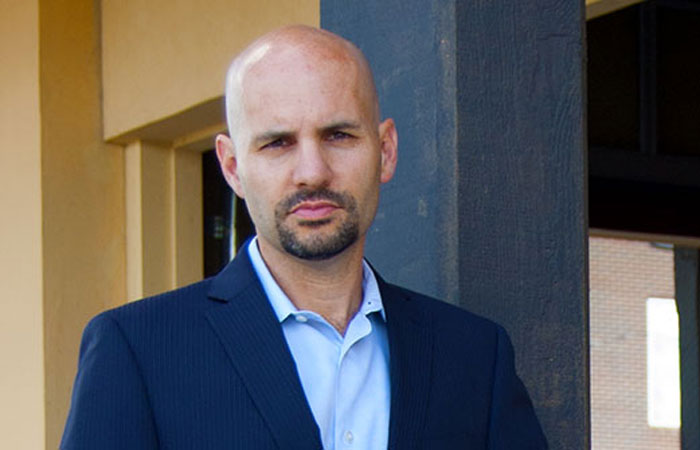A better tool to fight substance abuse
A new article in the Journal of Substance Abuse Treatment suggests that a computer program called MAPIT, developed by a UNT Health Science Center researcher, is more effective than standard justice system remedies in prompting substance-using probationers and parolees to start their treatment plans.
“Health and justice systems are overburdened in terms of costs and resources,” said Scott T. Walters, PhD, Professor and Chair of Health Behavior and Health Systems at the School of Public Health. “Programs like MAPIT can significantly impact public safety and health without placing additional burdens on the criminal justice system.”
Funded by a grant from the National Institute on Drug Abuse, MAPIT uses voice-automated online software to stimulate the desire to begin treatment, set goals and stay motivated in recovery. The program can recognize patterns in how people respond and make suggestions for strategies that might work for them. MAPIT can even send emails or text messages to remind people of their monthly goals
With researchers from George Mason University, Dr. Walters and colleagues compared results from MAPIT to in-person motivational interviewing and standard probation intake processes for prompting individuals toward treatment.
More than 300 probationers in the cities of Dallas and Baltimore participated in the randomized, controlled study. After two months, people who were randomly assigned to MAPIT were more than twice as likely to begin treatment, compared to those routed to standard justice system processes.
Millions of probationers across the United States need substance abuse treatment yet never actually initiate or complete it, Dr. Walters said. In 2015, nearly 25 million adults in the U.S. reported illicit drug use in the prior month, and nearly 65 million reported binge alcohol episodes. Of those in need of treatment, only 14 percent actually started an intervention program.
“The start of probation is a critical time to educate and motivate individuals,” Dr. Walters said. “MAPIT provides a platform for addressing substance use and other high-risk behaviors. Its success shows that a computerized intervention as part of a screening and treatment referral program can improve treatment initiation among substance-using probationers.”







Social media